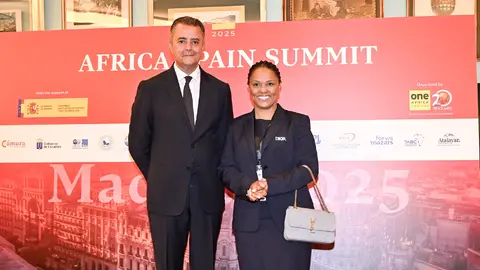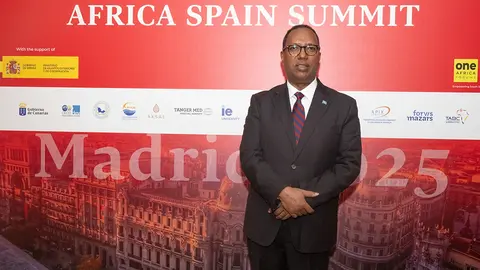Abdou Diop: ‘Spain is implementing a genuine strategy in Africa’
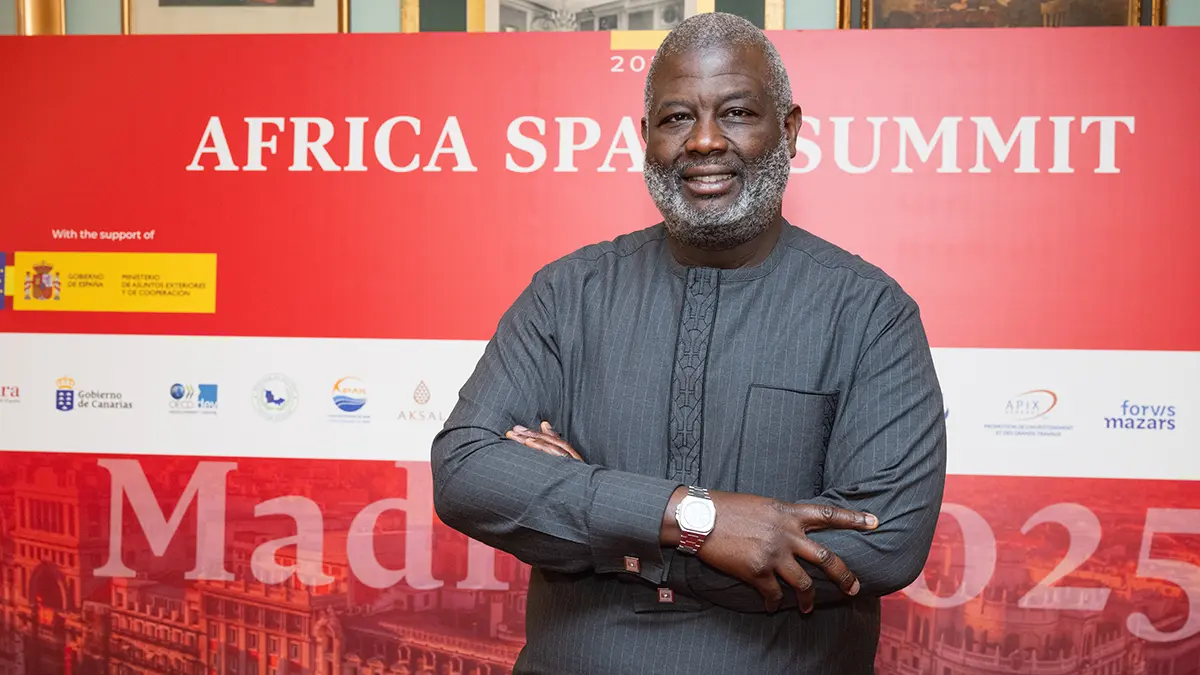
Madrid hosted the Africa Spain Summit 2025 organised by One Africa Forums. From 6 to 8 July, various relevant issues were analysed regarding the link between Africa and Spain at all levels, especially economic and commercial.
Atalayar interviewed Abdou Diop, managing partner of Forvis Mazars, who was one of the guests at the forum on Africa and Spain to comment on the current relationship between the African continent and Spain and the existing potential.
Madrid is once again hosting the Africa Spain Summit, a well-established event now in its third edition. On this occasion, the forum has adopted a new approach, focusing more on dialogue between the Spanish public administration and African countries. What can we expect from this new approach and what progress do you think has been made since the first edition of the summit in 2023?
I believe that one of the important achievements and advances since the launch of the summit three years ago is, first of all, Spain's new strategy, as we now have Spain's Strategy 2025-2028 for Africa. This is a very important step forward, because Spain is now implementing a real strategy in Africa. This strategy is structured around five fundamental pillars on which Spain is working.
Another important element of this evolution is the way in which Spain has modernised the financial instruments that will be used in cooperation with Africa. Finally, I would like to highlight that we have given equal importance to the role of the public sector and the private sector, as both are fundamental pillars of this cooperation.
Strategic relations, youth, sustainable economy, collaboration between Africa and Spain in the 2030 Agenda. This forum addresses a wide range of issues arising from the collaboration between Spain and African countries. In which priority areas do you think this collaboration is most important for mutual benefit?
I think the most important areas on which this cooperation should focus are Africa's priorities, and what are Africa's priorities today? Infrastructure is a major priority in Africa because we want to connect the continent. We want to facilitate logistics, we want to strengthen trade. That is one of the main areas.
The second very important area is energy, specifically renewable energy, where there is a lot of demand. Africa is launching many projects in this sector and Spain has the necessary capacity.
The third is industrialisation. As you know, Africa has been transitioning for many years from a raw materials exporter to an industrial processor, and Spain can help a lot in this area. But it is not only about these areas, which I would call hard, but also about the soft ones, and in the latter there is one where Spain can also contribute its experience, which is education. As you know, it is really necessary today to improve the skills of Africans, to improve the skills of young people, to educate them, and not only in general education, but also in vocational training to create jobs and enable these young people to find employment. So there are many areas, but for me these four are really priorities in Spain's cooperation with Africa.
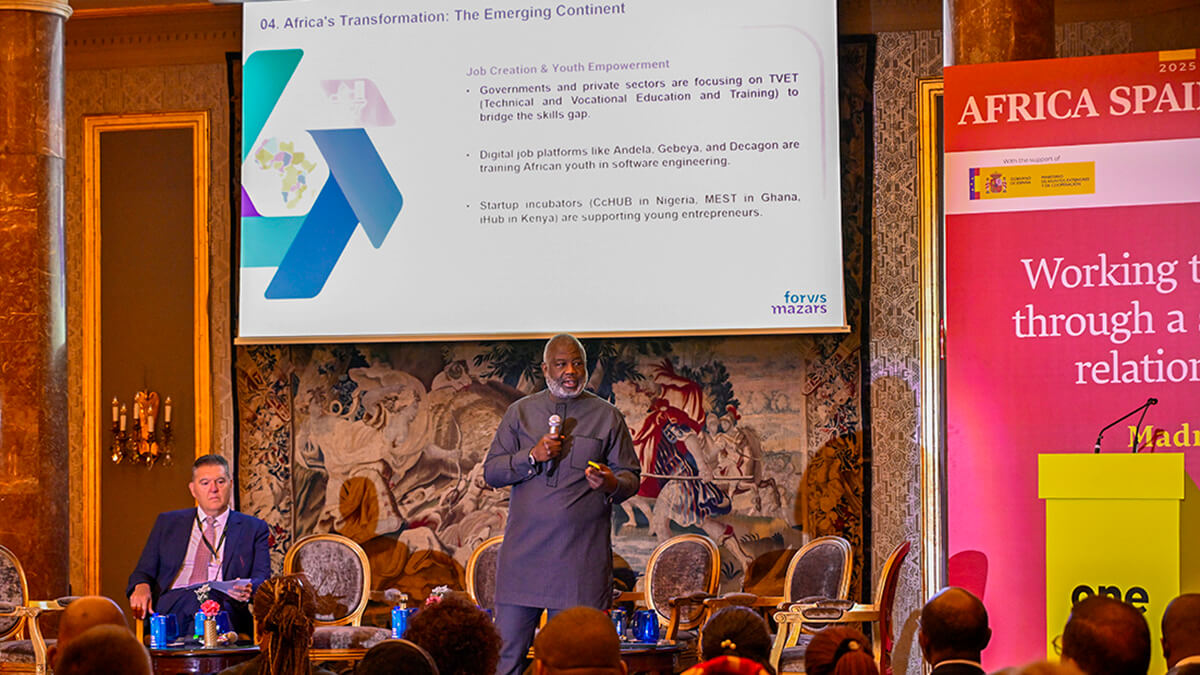
One of the main competitive advantages of African countries is a very young population that is increasingly better prepared to meet the needs of international companies, as you said. But how can African countries harness this enormous human potential?
As I said, one of the crucial points for harnessing human potential is education. If these young people are not qualified, it will be a problem because they will not be able to enter the labour market, the job sector, and that will be a real problem for Africa. I therefore believe it is very important for African policy makers to really invest in education. That is the first point. The second point is to transform this education so that we can provide the economy with people who have the right skills. This also means looking at how to implement vocational training, how to implement training tailored to Africa's development priorities.
I mean that today we have to focus on training people in agriculture, new technologies, industrial skills and also energy, because that is important. It is one of Africa's main areas of development. I think it is essential.
And then it is also important to put in place mechanisms to make this talent available to Africa, but also to the rest of the world. Today we see a lot of nearshoring in services. This means that if we have skilled people, good talent, we can not only meet the needs of Africa, but also those of the rest of the world. Therefore, educating young Africans can be a great solution to the talent shortage around the world.
With the ongoing international crisis, what can Africa offer as an alternative to other markets, taking advantage of its privileged geographical location at the gateway to Europe?
Africa can offer a real solution to this crisis and the disruption of global value chains, because we can relocate many industries to Africa. Africa is a solution. Today, we are seeing Europeans moving many industries to Africa. Even Asian companies are moving industries to Africa, because we have the proximity, we now have more and more energy, and we have the resources, the raw materials, but also the human resources. This is therefore very important as a solution to the global crisis.
It is also important in the energy sector, where Africa is also a solution to all crises. We saw this with the gas shortage during the Ukraine crisis, where Africa is an alternative, but also in terms of food security. For example, 60% of uncultivated Arab land is in Africa.
Therefore, Africa can also be a solution if we invest in agriculture and in the global value chain of food security.
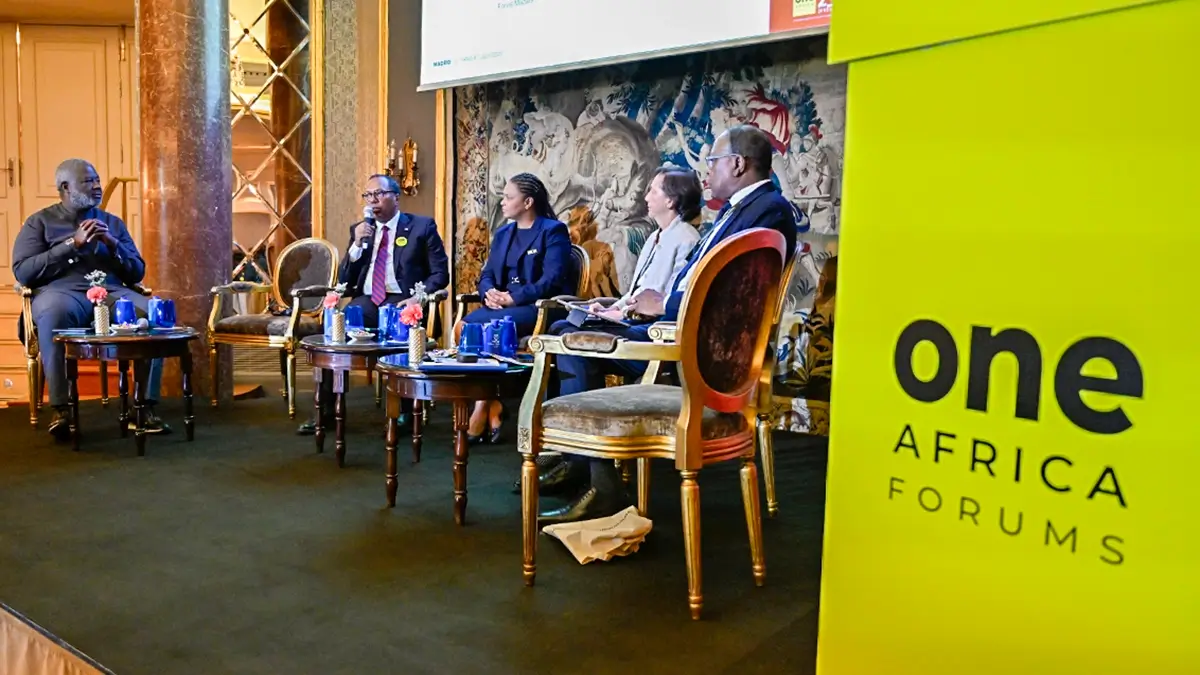
Within this special relationship between Africa and Spain, what role does Morocco play as a country that connects both continents, as a leader in African economic revitalisation?
Morocco is 14 kilometres from Spain. That is a very important geographical location.
Secondly, Morocco has connected its economy to the global value chain. This means that there is a good industrial base, with the development of different ecosystems: aeronautics, automotive, now rail, and agriculture, energy and renewable energies. All the necessary resources for industry are available.
I am referring to energy, labour and talent, the brains. Morocco has also connected its economy to the rest of the continent in terms of business connectivity. Moroccan companies are present in more than 30 African countries, both in terms of infrastructure connectivity and human connectivity. Morocco can therefore play a real role in triangular cooperation between Spain and Africa, particularly in a context where Morocco enjoys very good relations with Spain.


